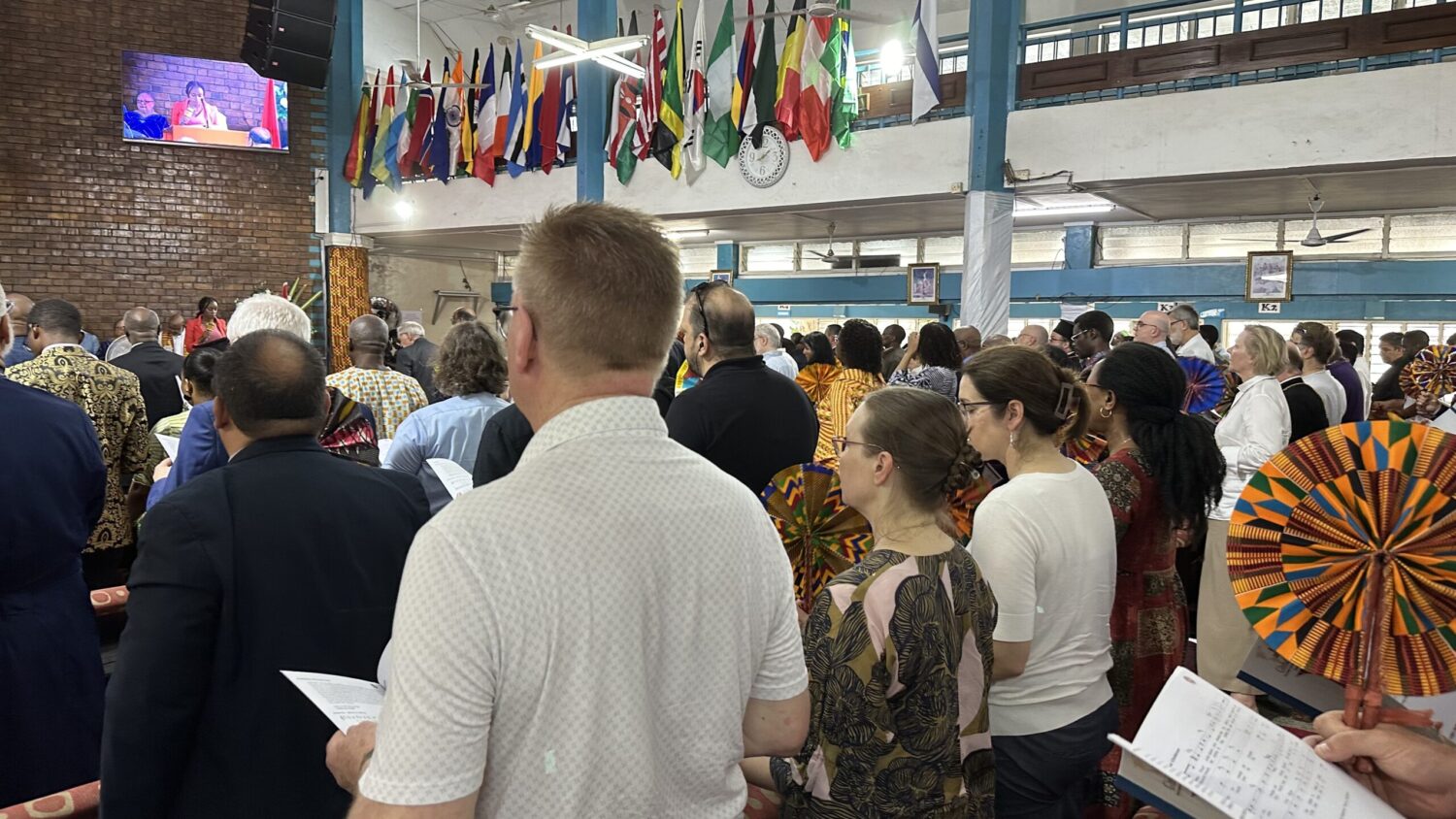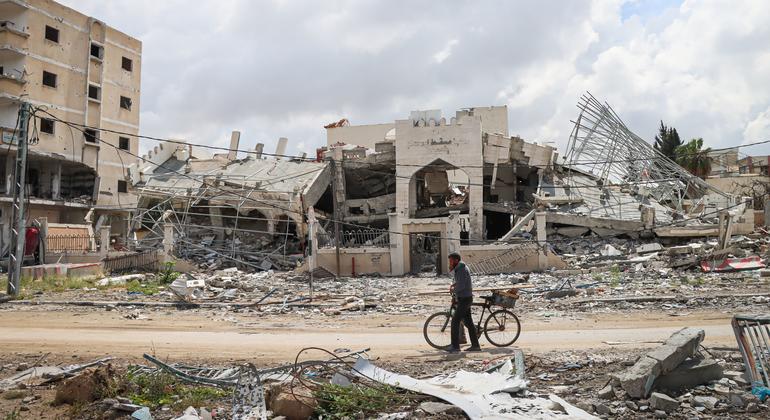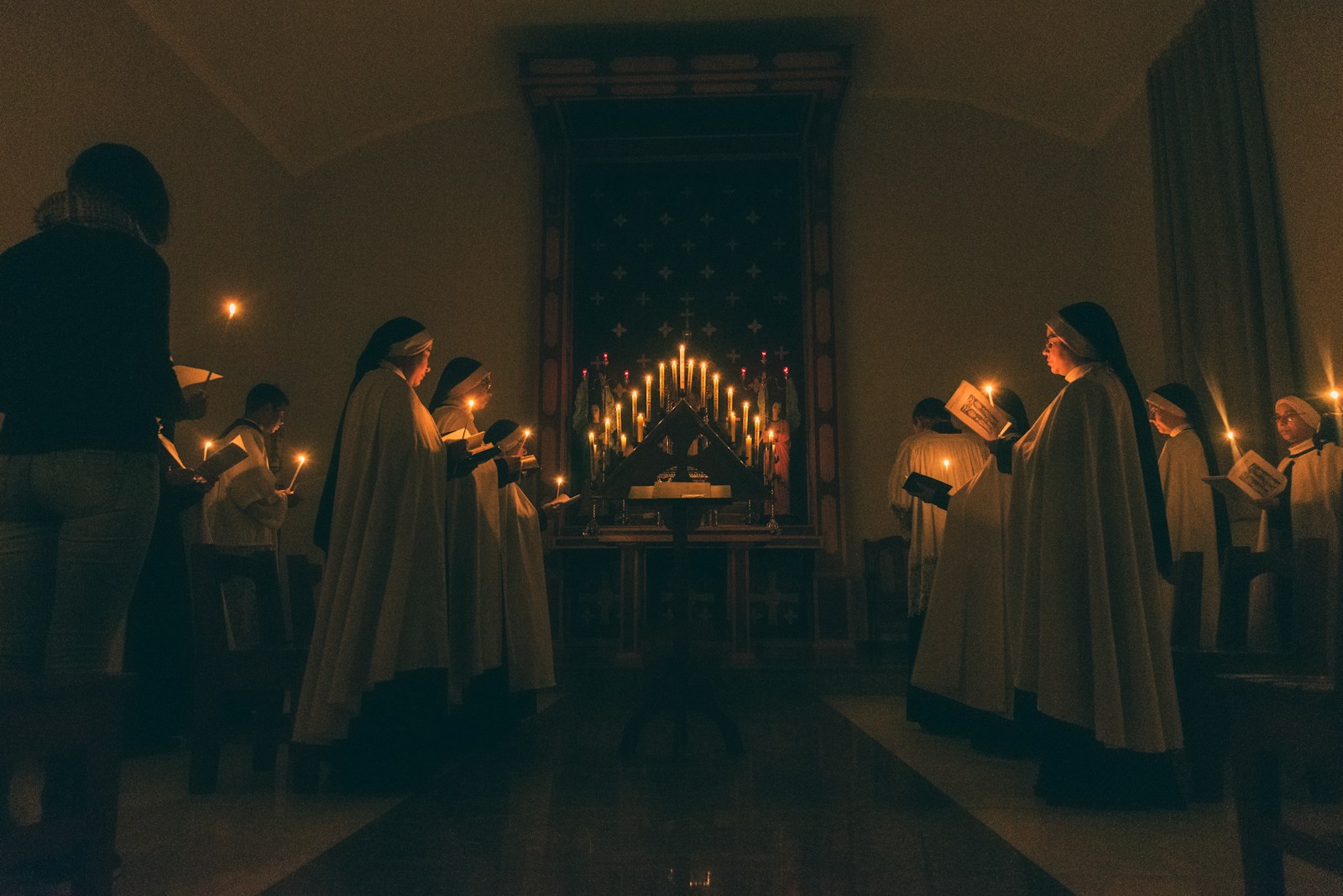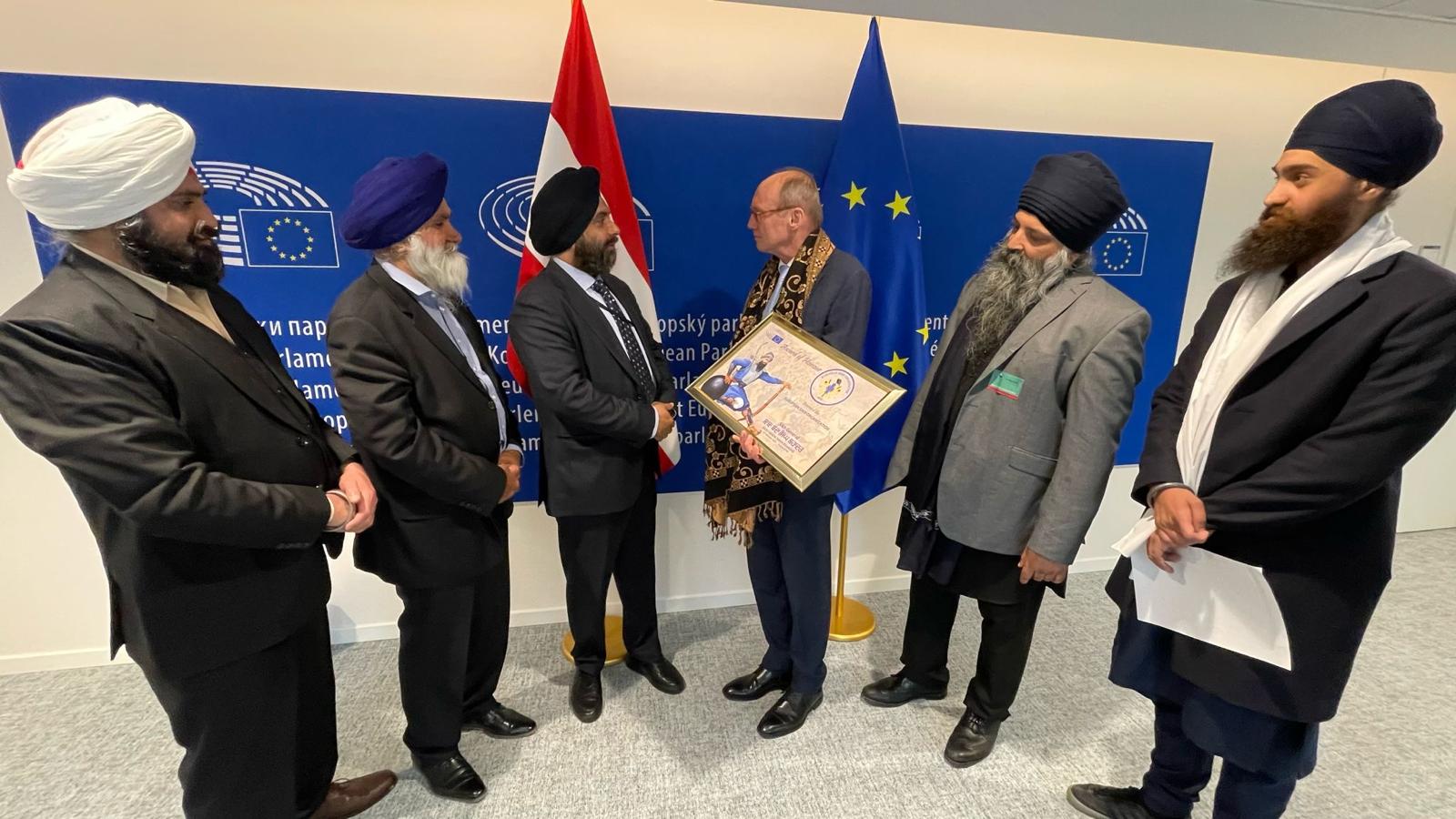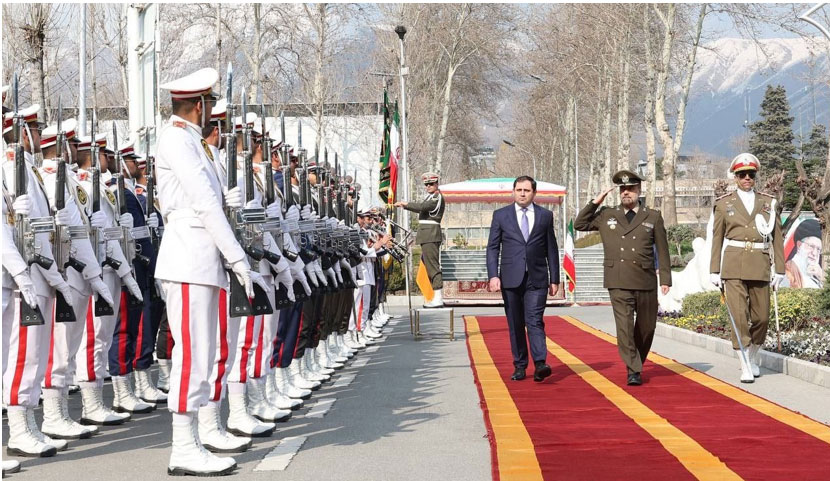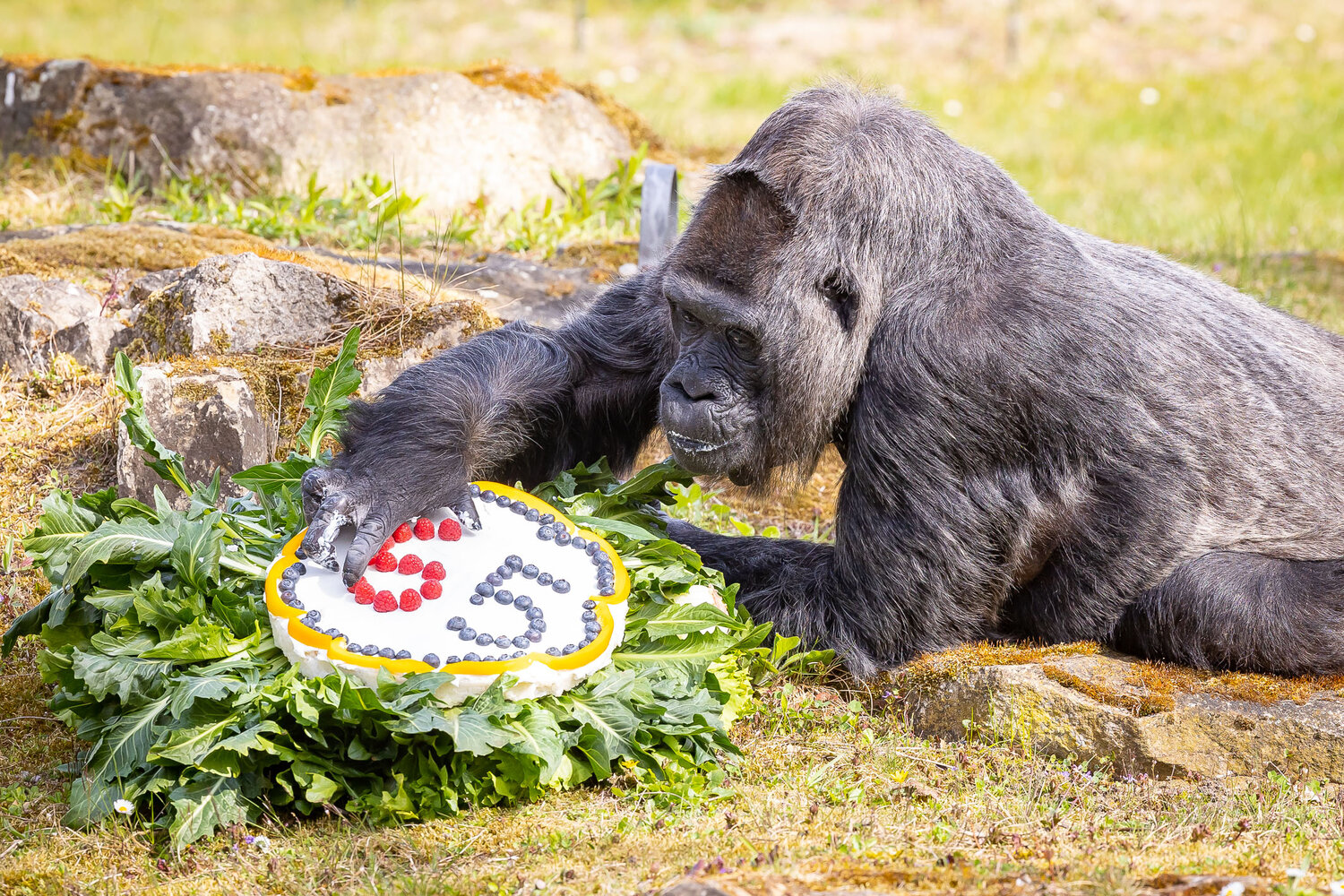By Martin Hoegger
Accra Ghana, 16th April 2024. In this African city teeming with life, the Global Christian Forum (GCF) brings together Christians from more than 50 countries and from all families of Churches. Of Ghanaian origin, its general secretary Casely Essamuah explains that the GCF wants to give Christians the opportunity to know and receive the gifts that the Holy Spirit has placed in the various Churches. “It is a space for a deep encounter of faith. We thus learn to discover the richness of Christ,” he says.
The world needs to see Christians together
The Forum begins in the worship space of the Ridge Church, a large interdenominational church. A choir leads the congregation in songs from various traditions. The preaching is provided by Lydia Neshangwe, a young pastor, moderator of the Presbyterian Church of Zimbabwe. Her ecclesial experience speaks for itself: “I was born into an independent Church. I am grateful to the Pentecostals who then gave me a good foundation for my faith, to the Catholic Church who educated me in its schools. Then I followed theological training with the Presbyterians. But my favorite Church is the Methodist, which gave me a husband!”
To show the need to consider our diversities as complementarities, she takes the example of Paul and Barnabas. She discovered thirteen differences between them; the likelihood of division between them was great, yet they were sent together. Why did the Holy Spirit bring them together when they are so different, as shown in the book of Acts of the Apostles? (13.1-2)
The same goes for our Churches. They are very different, but the Holy Spirit brings us together and sends us out so that the world will know who Christ is. “If we are united in our mission to proclaim Christ, our diversities are a blessing, not a curse. This is what the world needs,” she says.
To illustrate the extraordinary diversity of global Christianity, American theologian Gina A. Zurlo shows that it has moved south. Unlike a hundred years ago, there are 2.6 billion Christians there, whether Catholic, Protestant or independent, evangelical or Pentecostal. While the Orthodox are the majority in Eastern European countries. https://www.gordonconwell.edu/center-for-global-christianity/publications
Share our faith journey
At the heart of the Forum’s approach is the sharing of “faith journeys” in small groups of a maximum of ten people. The only thing to do is to listen to what the Spirit wants to tell us through the journey of others with Christ. In seven minutes! Rosemarie Bernard, secretary of the World Methodist Council, explains: “Seeing Christ in others is the goal of this exercise. Let the Holy Spirit guide our words and listen attentively to the stories of others. »
Jerry Pillay, general secretary of the World Council of Churches, sees this sharing of our personal stories of faith as “a very beautiful tapestry.” It is like a “road to Emmaus” where hearts burn with passion for Christ. “Listening together to the voice of the Shepherd, discerning and acting together renews our confidence in the transforming power of God. A world in crisis needs Christians standing together.”
This is the fifth time I have done this exercise. Its fruit is, each time, a great joy which will set the tone of the encounter. This sharing sparks a spiritual friendship which then allows us to bear witness to the heart of our common faith.
Relationships for the mission
Billy Wilson, president of the World Pentecostal Fellowship, says he is grateful that Pentecostals – the fastest growing church family – are welcomed around the GCF table. They thus learn to know other Churches better. He reflected a lot on chapter 17 of the gospel of John 17, where Jesus prays for unity. According to him, this unity is above all relational. Then it is realized in mission: “so that the world may know and believe”. Finally, it is spiritual, like the relationships between the persons of the Trinity.
“If our relationships do not lead to mission, our unity will disappear. Our hope springs from the empty Tomb at Easter. May this Forum unite us in a new way to bring the resurrected Jesus to this generation,” he concludes.
In the afternoon, Latin American evangelical theologian Ruth Padilla Deborst brings a meditation on John 17, where she emphasizes our responsibility to seek a unity in love, which reflects who God is in truth. “Love is not a feeling but a radical commitment to mutual submission. This is how we will be sent so that all can know the love of God.” Like the previous speaker, she insists that unity is not an end in itself but has in view witness. However, this testimony is only credible if we are together in this fractured world so that it can know the love of God.
The day ends with three times of sharing. First, on this biblical text, then between Church families, and finally between people coming from the same continent. The next day we will go to Cape Coast, the fortress from which three million slaves were brutally sent to the Americas.



